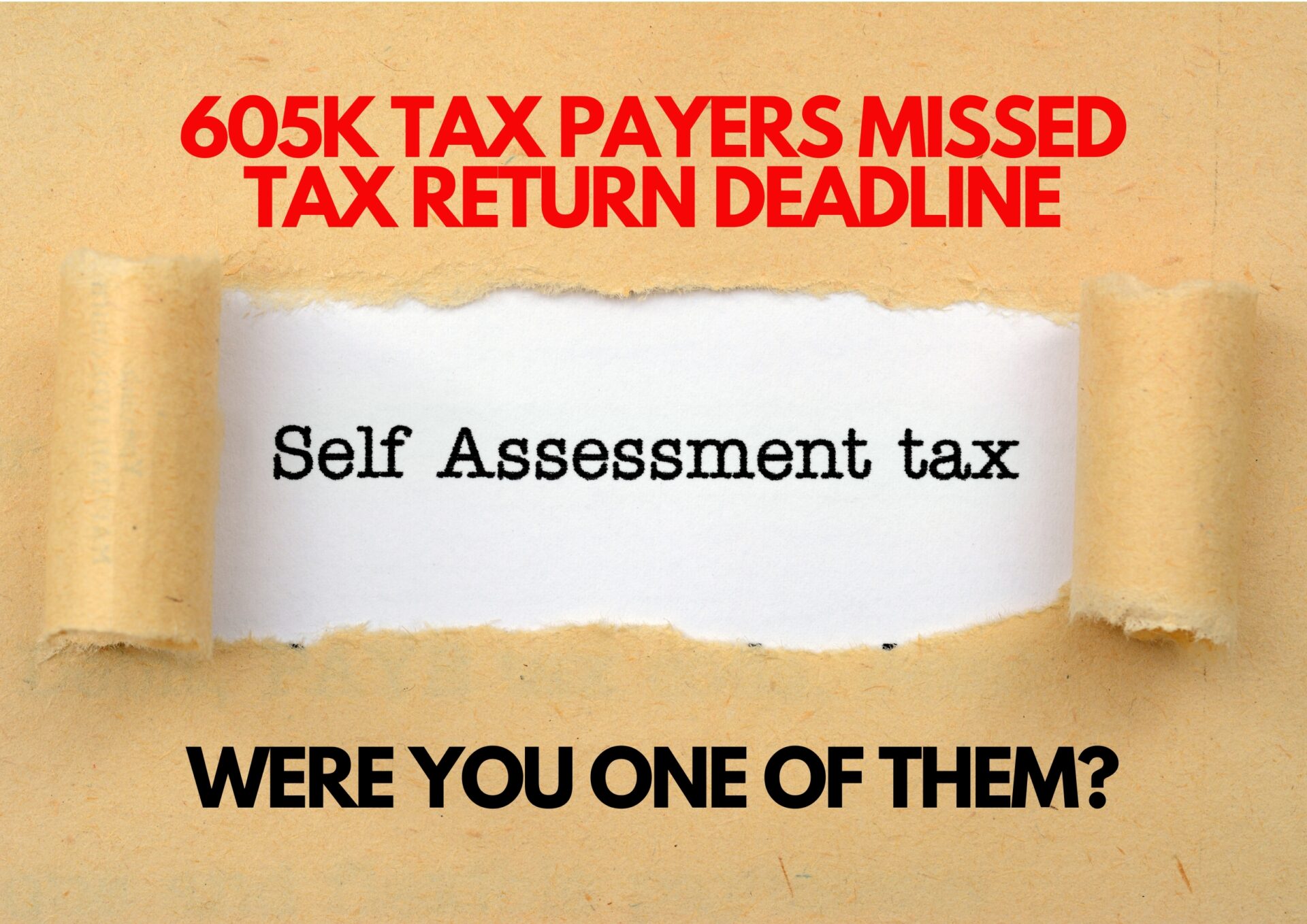SO WHAT ARE THE ADVANTAGES OF A LIMITED COMPANY?
Making the jump from a sole trader or partnership to a limited company may seem daunting to business owners. However, there are a range of benefits that come with going ‘Ltd’ that you can take advantage of. This article covers benefits which include:
- Tax
- Limited liability
- Increased credibility and brand protection
- Pensions
- Raising new capital
- Conclusion
We can deliver a professional and complete service which you will be sure to rely on in years to come.
TAX
Following B. Franklin’s famous quote, ‘there are only two things certain in life – death and taxes’ – any opportunity to lower tax payments is always a welcome one. One of the biggest advantages for many is that running your business as a limited company can enable you to legitimately pay less personal tax than a sole trader.
As a sole trader, you’ll pay 20% or more on everything you earn over the tax threshold.
As a limited company, typically you pay yourself a small salary, so you incur as little personal tax as possible. Most of your income will come in the form of dividends and these are taxed at a lower rate, meaning you are able to maximise your take-home pay. In addition to the tax benefits, paying the majority of your income through dividends means that you’re able to pay less National Insurance contributions (NICs) as these do not apply to dividend payments.
LIMITED LIABILITY
Risk comes with the territory when running your own business, whether you’re a sole trader or a limited company. However only the latter insulates you from when a calculated risk has gone wrong. There are ways to minimise your risk as a self-employed person. With a limited company, you may be protected from any debts the company may incur should your business become insolvent. However HMRC are clamping down on this.
The shareholders of a company have a capped liability for the debts, losses or legal claims of the business. Liability is limited to the amount paid for shares plus, the unpaid amount on any nil or partly paid shares.
INCREASED CREDIBILITY AND BRAND PROTECTION
Confidence is critical in business and a limited company gives you an edge when it comes to credibility and professionalism. Limited companies are deemed to have a more established business statues, which can help you get off on the right foot. Sole traders and partnerships will not necessarily have a bespoke name. Once you’ve registered a company with Companies House, your company name is protected and no other business or individual can use the same name or even a name that’s too similar.
PENSIONS
As a limited company, you can fund employees’ executive pensions as legitimate business expenses meaning that pension contributions can be made before tax deductions. In most cases a company will be able to make a higher tax relievable pension contribution than a sole trader. Contributions will usually also be a tax deductible expense for the company. Therefore it should attain corporation tax relief against the value of the contribution. There are no National Insurance Contributions for an employer or employee on pension contributions. Contributions are generally not taxable for the employee.
RAISING NEW CAPITAL
Limited companies are able to raise capital at any time by issuing new shares. New shares can be offered to existing shareholders or new investors, although only public limited companies can offer shares to the public. And while limited company directors who aren’t keen on lending have the option of self-raising funds through selling company shares, this isn’t possible for sole traders. However, individuals would need to raise funds through their own personal means.
CONCLUSION
While many business owners find the pros of a limited company set up outweighs the cons, operating through this structure does come with additional administrative duties. That is where Onyx steps in! At Onyx we make sure your company is set up in the correct format and handle all of the paperwork.
This can include:
- Selecting the company name.
- The appointment of directors and the allocation of shares.
- Prepare minutes of initial directors meetings held.
- Advice on issuing shares to you and other shareholders.
- Detailed advice on the set up of a group company structure.
- Provide you with the Certificate of Incorporation and Articles of Association.
- Register the company and file all the necessary documents at Companies House.
- Advice regarding any changes in the business and notifying Companies House, where required.
How can Onyx Help
Please visit us at www.onyx.accountants or pop into one of our offices where a member of our team will be waiting to assist you.
Already know what you want and would like us to set up a company for you? Complete our Limited Company Set Up Form and we will do the rest for you.
Contact us on 0121 753 5522 for Birmingham or 01902 759 800 for Wolverhampton to arrange a free consultation.





